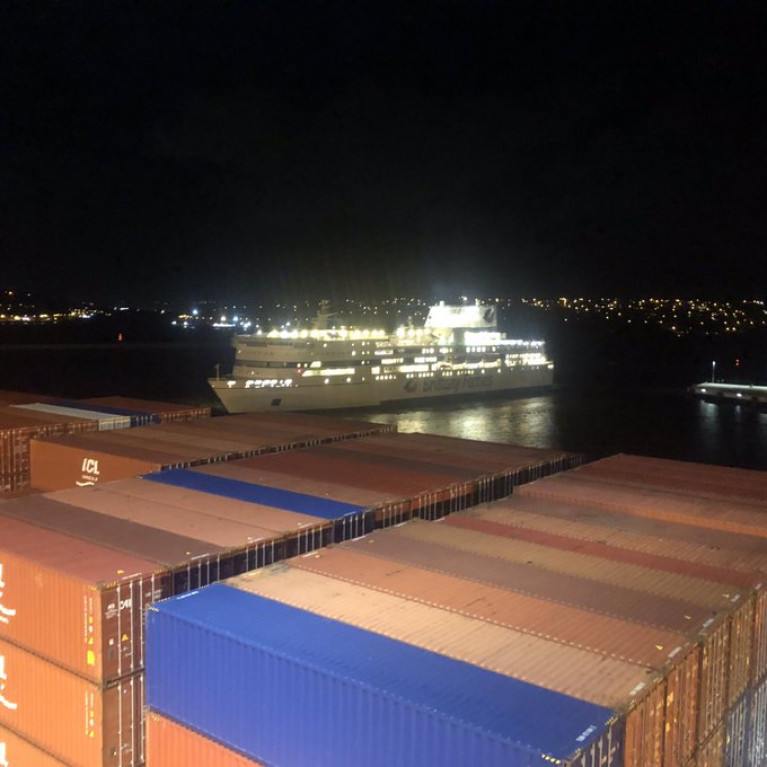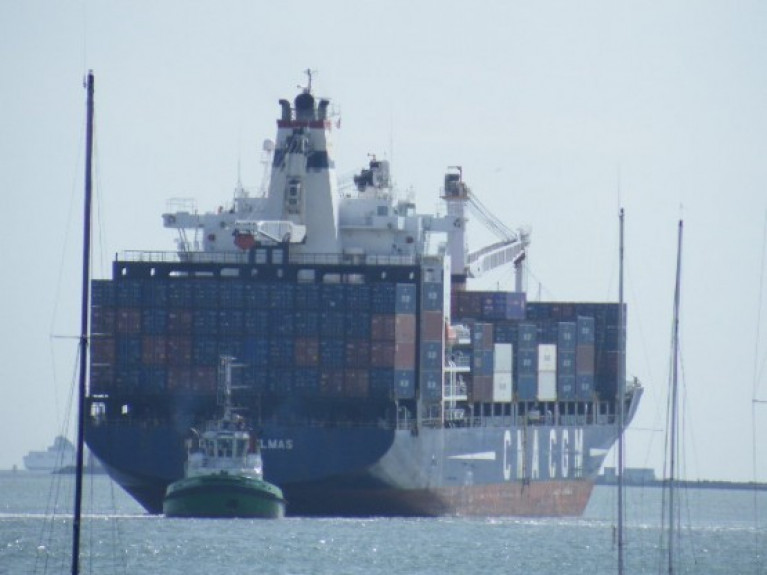Displaying items by tag: Surge in demand
Surge in Brittany Ferries' Bookings on Ireland-France Routes
Brittany Ferries, which operates the Ireland-France route of Cork-Roscoff, has reported a surge in bookings for summer 2022.
Since the onset of the pandemic, as Echo Live reports, the ferry company has navigated what it calls two "disastrous" summer seasons, where they lost €220m in 2020 alone.
However, an increase in reservations for next year has brought renewed optimism.
In a statement released today the company said that by the end of last month, 188,878 passengers had booked trips for July to September 2022 - a 48% increase from the 2020 summer season.
Reservations on routes between Ireland and France are currently up 234% and reservations on the Rosslare and Bilbao, Spain route are up 80%.
“The storm clouds are beginning to lift and I welcome the boost in reservations for next year,” said company CEO Christophe Mathieu.
“We are so grateful to our loyal customers. The support of the French government combined with the loyalty of our Irish and British customers will allow us to continue the beautiful voyage of this company.”
World's Top 12 Container Carriers: The Winners & Losers in 2020
Of the world’s top 12 container shipping carriers, 8 of them increased overall capacity in 2020 despite all 12 making stinging capacity cuts in the first half of the year as Covid-19 lockdowns hit demand.
As LloydsLoadingList reports, the carriers HMM and CMA CGM posted the largest size gains last year with both adding more than 300,000 (TEU) of capacity as carriers reacted to surging global demand for goods in the second half of the year.
CMA CGM added 64 ships while HMM increased its fleet size by 85% through a substantial newbuilding program which enabled the line to jump from 10th place up to 8th according to Alphaliner’s Top 12 carrier rankings of carriers by size.
MSC’s fleet capacity growth last year of 2.4% meanwhile saw it edge closer to Maersk (-2% in 2020) at the top of the rankings.
For further reading plus a chart of carrier fleet capacity gains and lossed during last year, click here.






























































